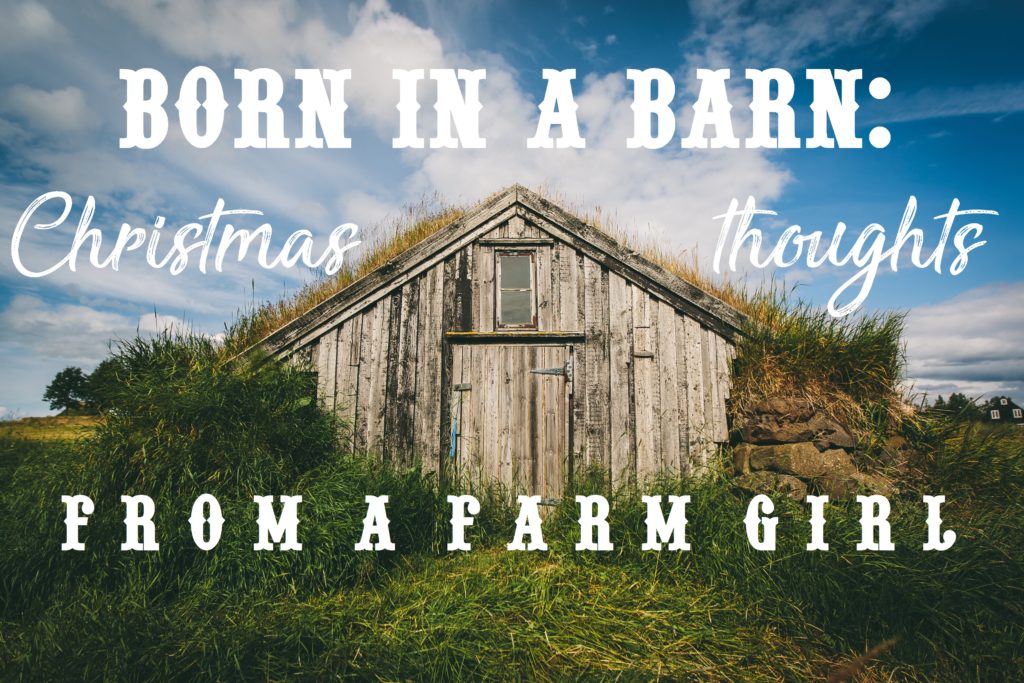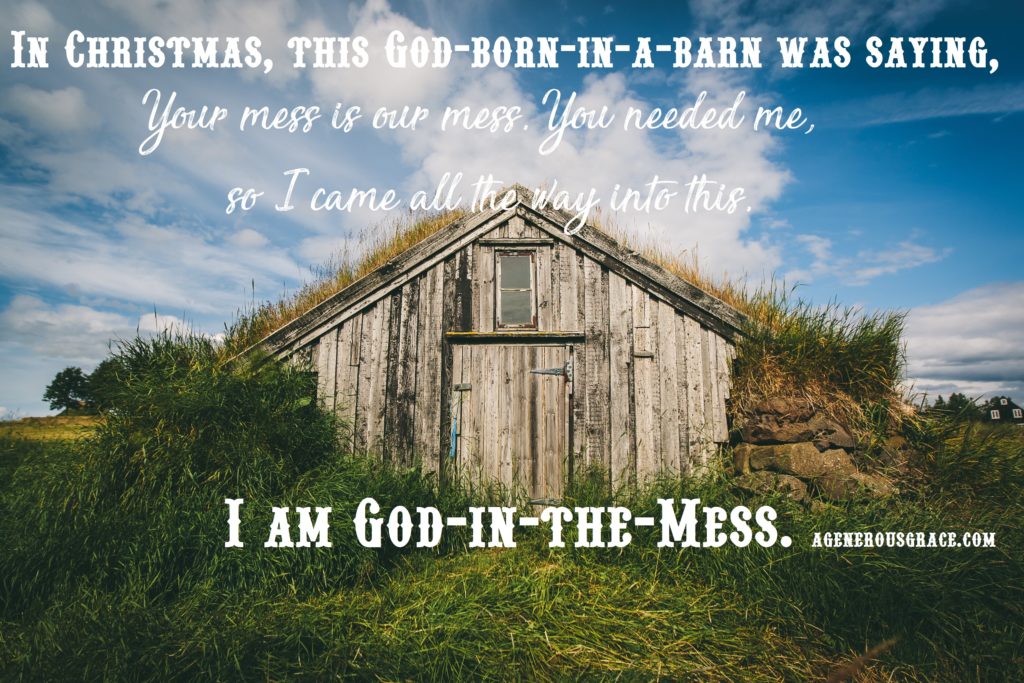 I grew up amidst a small, tidy farm in central Illinois. The colors that primarily swirl in my memory are the rustling greenness that stretched in acres of corn or soybeans on every side, or the grass that could only be truly experienced through one’s toes. The affectionately flaking bright red of the barn stands tall in my mind, along with the mottled red of the apple trees, the streaked pink of rhubarb stems, the buttery yellow (and a peeping cacophony) of baby chicks. And there’s the white of our ancient farmhouse trimmed neatly with black shutters. Farms have their own simple beauty.
I grew up amidst a small, tidy farm in central Illinois. The colors that primarily swirl in my memory are the rustling greenness that stretched in acres of corn or soybeans on every side, or the grass that could only be truly experienced through one’s toes. The affectionately flaking bright red of the barn stands tall in my mind, along with the mottled red of the apple trees, the streaked pink of rhubarb stems, the buttery yellow (and a peeping cacophony) of baby chicks. And there’s the white of our ancient farmhouse trimmed neatly with black shutters. Farms have their own simple beauty.
Though I doubt my parents would see it as simple, right? Seven days a week there were animals to be fed; if you go on vacation, you’re hiring someone to do it for you. And the smells. My mom, one of whose love languages is cleanliness, had a specific plan for my dad and his rank clothing and rubber boots when he’d come in from chores for the day. As I picture entering our barn, I think of steaming winter breath; stamping and restlessness; crusted fur; the earthy smell of hay; and the other smells we all know are there. I could tell you with my eyes closed whether I was smelling a cow, sheep, horse, pig, or chicken.
So I find rich (-smelling?) metaphor in a Jesus born in a stable, laid in a feed trough. The birth process itself probably didn’t help the milieu. (One pastor and dad recently pointed out that he expected that whole thing to be more calm, more clean, perhaps less like a horror film.)
But here is what I gather from a God entering the world from a screaming, sweating, grunting woman’s body, into a barn: He came into our mess.
“Sorry. Too gross for me.”
As the same pastor phrased it, our God is not aloof, not “Sorry. You happen to be too disgusting for me.” He didn’t even glide into the idyllic farm with the cute chicks and the carrots that crunch and taste the best right out of the ground. He chose the dirty place.
But maybe you know by now that though any pile of manure can be scraped or hosed away, it’s much harder to reconcile the damage we do to each other, our “active inclination to break stuff, ‘stuff’ here including…promises, relationships we care about and our own well-being and other people’s”.* Like a true marriage, God was saying, Your mess is our mess.
You needed me, so I came all the way into this.
He’s not the kind of God who’s like, I’ll just stay out here.

Maybe this post, this Christmas, finds you feeling distant from God. Could be the profound degree to which you suffer. Or the dirtiness you feel. Or the idea you’ve picked up from somewhere that God likes “clean” people. I guess I’d like to introduce you to The God in the Mess. The God Who Relates to Every Rank Bit of It. Or as he called himself, God with Us.
This Christmas, lean in. I promise he’s there, ready for your mess.
|
We don’t have a priest who is out of touch with our reality. He’s been through weakness and testing, experienced it all–all but the sin. So let’s walk right up to him and get what he is so ready to give. Take the mercy, accept the help. Hebrews 4:15, The Message |
Like this post? You might like
- Prayer in a Broken Christmas
- 9 Ways to Savor the Christ in Your Christmas
- Deeper: 12 Printable Journaling Ideas for a Christmas of the Soul
- Reflections on a Christmas Robbery
*Spufford, Francis, Unapologetic: Why, Despite Everything, Christianity Can Still Make Surprising Emotional Sense. New York: Harper One (2013), p. 27. As quoted in Keller, Timothy. Prayer: Experiencing Awe and Intimacy with God. New York: Dutton (2014), p. 100.












![Now You're Speaking My [Love] Language Now You're Speaking My [Love] Language](https://www.janelbreitenstein.com/wp-content/uploads/2015/08/love-languages-text-1.jpg)





Leave a Reply